A Critical Review of The Sheep and The Goats, by Bertrand Comparet

A Critical Review of The Sheep and The Goats, by Bertrand Comparet
On tape this was actually only a ten-minute sermon, but we may make it a 75-minute discussion. I have included a copy of the original sermon below. As with all of the Comparet sermons transcribed by Jeanne Snyder and then digitized by Clifton Emahiser, some editing and changes were made, so none of these are word-for-word from Comparet, but they are close enough to be accurate representations of what he said. But I cannot even know if the audio version which I have is the same as what Jeanne had originally transcribed.
I remember first learning about Christian Identity from a small collection of books that did not say much at all about those races which were outside of the Scriptures, or at least, which were not direct subjects of the Scriptures. There was E. Raymond Capt’s Abrahamic Covenant, Bertrand Comparet’s Your Heritage, Robert Balacius’ Uncovering the Mysteries of Your Hidden Inheritance, even William Cameron’s The Covenant People. Cameron is more famous for his work on The International Jew for Henry Ford’s paper, The Dearborn Independent, but few people familiar with that also know that Cameron was an Identity Christian. At that early time I also read quite a few things from Wesley Swift, and also from Richard Kelly Hoskins, Howard Rand, Frederick Haberman, and at least half dozen other Identity writers.
Back then I also subscribed to a paper called The Jubilee, printed somewhere in the Pacific Northwest, I think in Oregon, which in each issue had run an article by Ted Weiland. So in hindsight, it is not a wonder the paper was rather soft on the race issue, and even then I recognized Weiland’s universalism. So I never read more than a couple of his articles, and I never renewed the subscription. But after reading a few dozen or so Identity books and a host of other materials – although I don’t remember exactly how much I read, as this was back in 1997 and early 1998 – I began to realize that there were vast differences of opinions among various Identity writers concerning certain very important subjects.

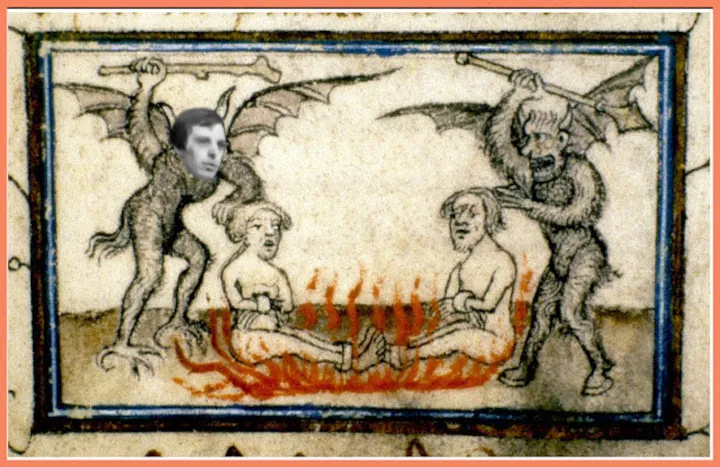

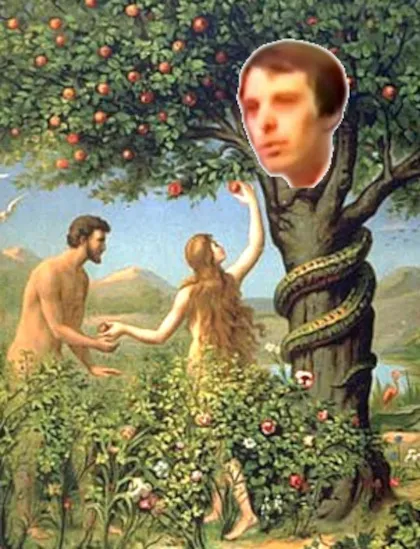
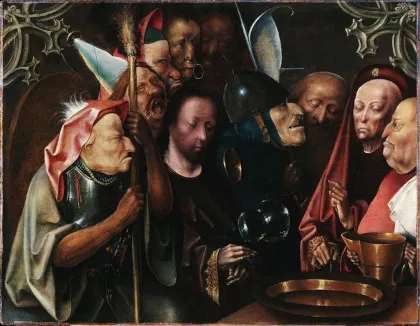

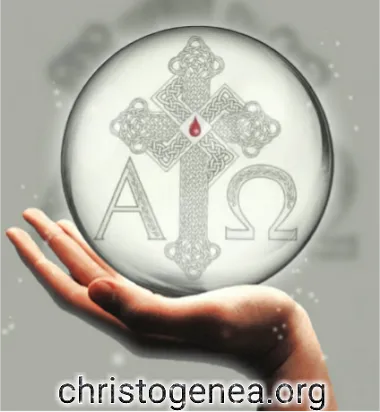


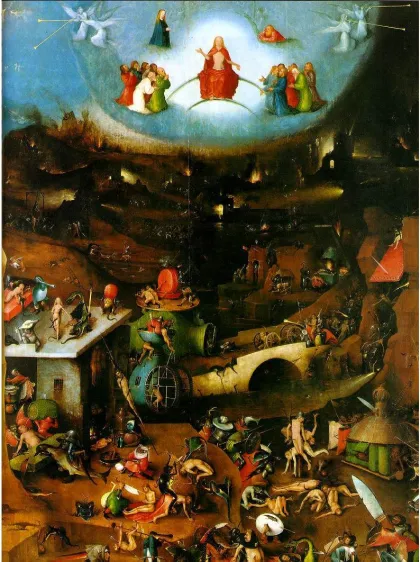
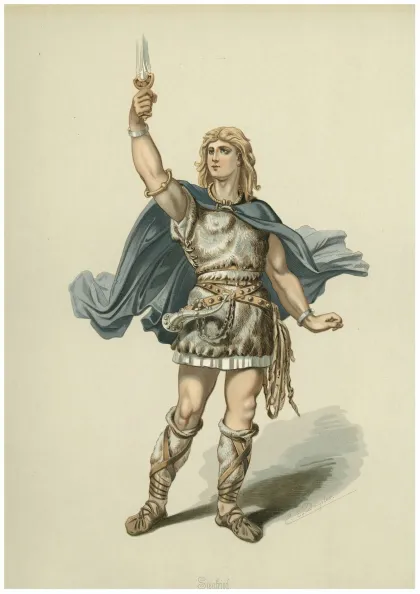
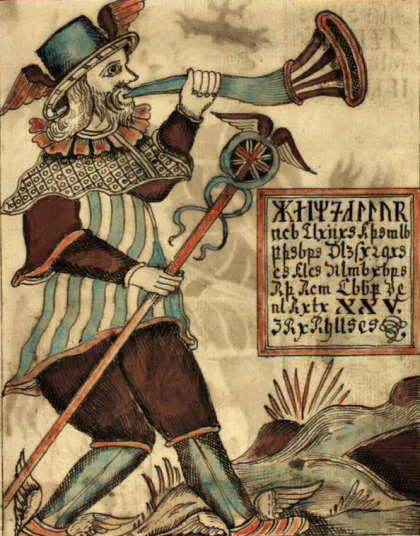

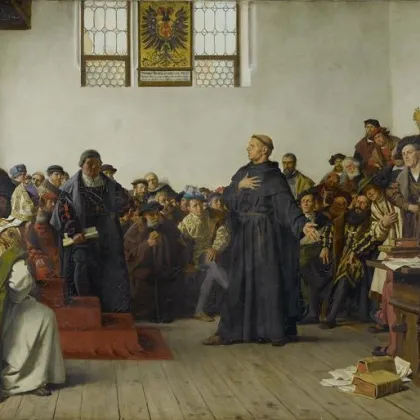
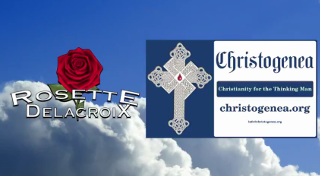 Rosette Delacroix hosts
Rosette Delacroix hosts 
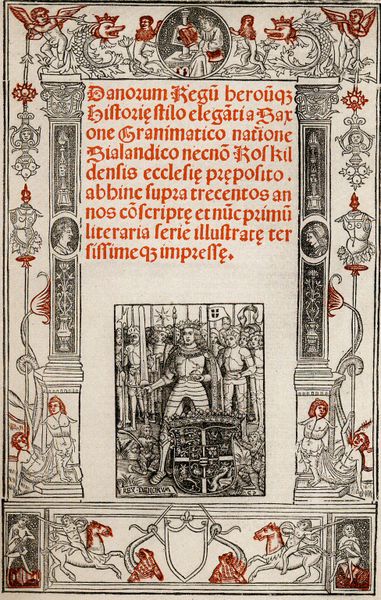 This being the weekend of the American Thanksgiving holiday, and any time of the year being an occasion to be thankful to Yahweh our God, we also have many things to be thankful for. One of those, is the number of our friends who have taken it upon themselves to join the cause and do something good. So this evening we are going to do something quite different, which I do not even know that I have done before. We are going to hear from two of those friends.
This being the weekend of the American Thanksgiving holiday, and any time of the year being an occasion to be thankful to Yahweh our God, we also have many things to be thankful for. One of those, is the number of our friends who have taken it upon themselves to join the cause and do something good. So this evening we are going to do something quite different, which I do not even know that I have done before. We are going to hear from two of those friends.
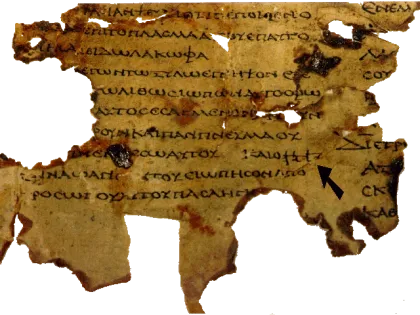

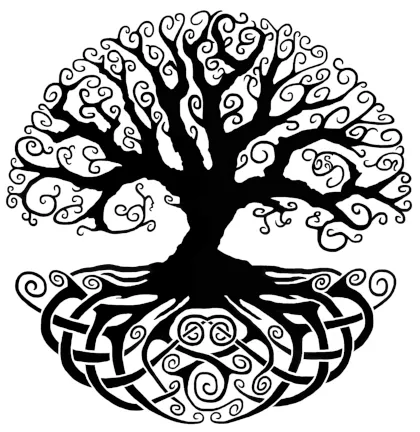




 Please click here for our mailing list sign-up page.
Please click here for our mailing list sign-up page.







